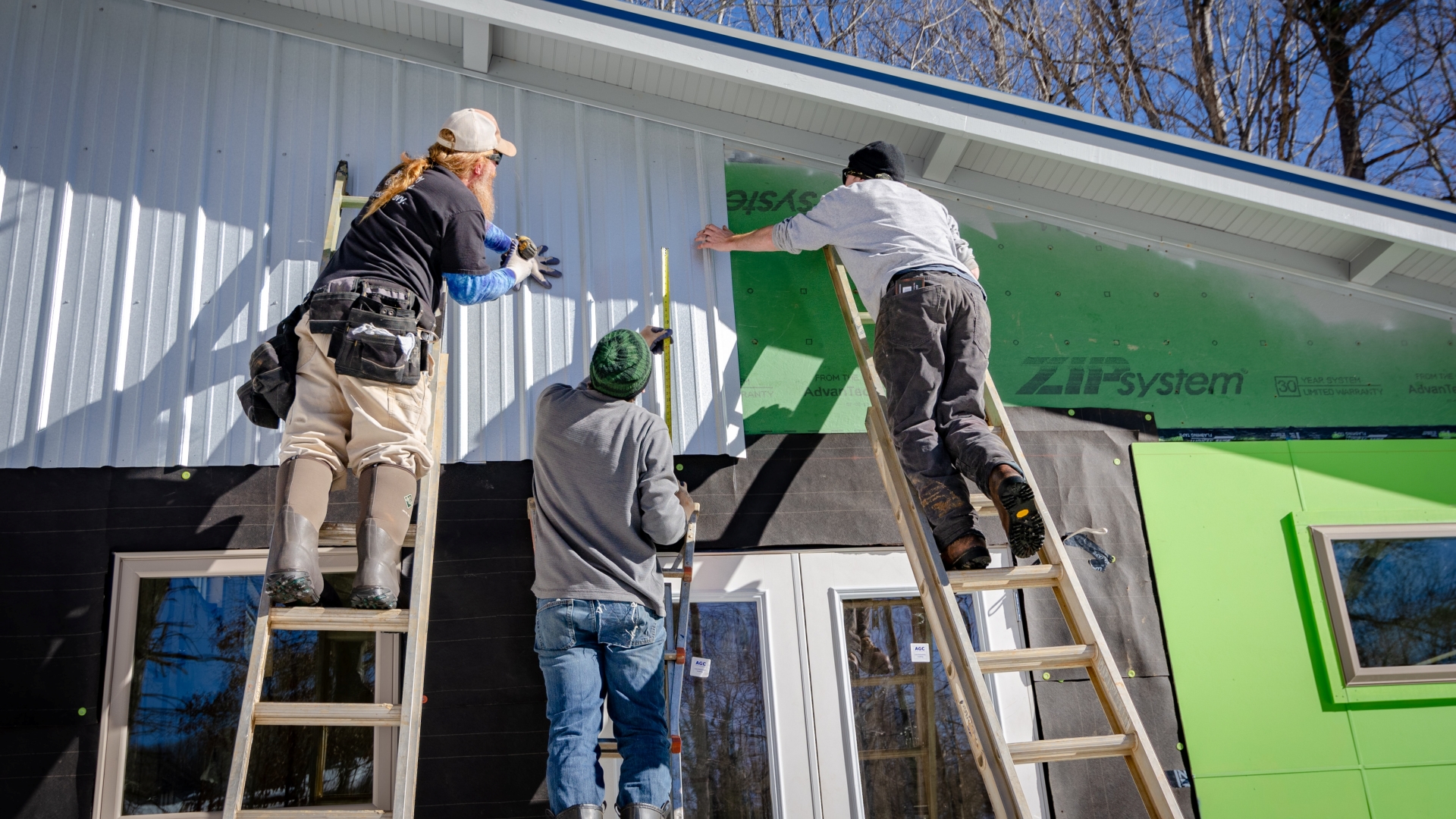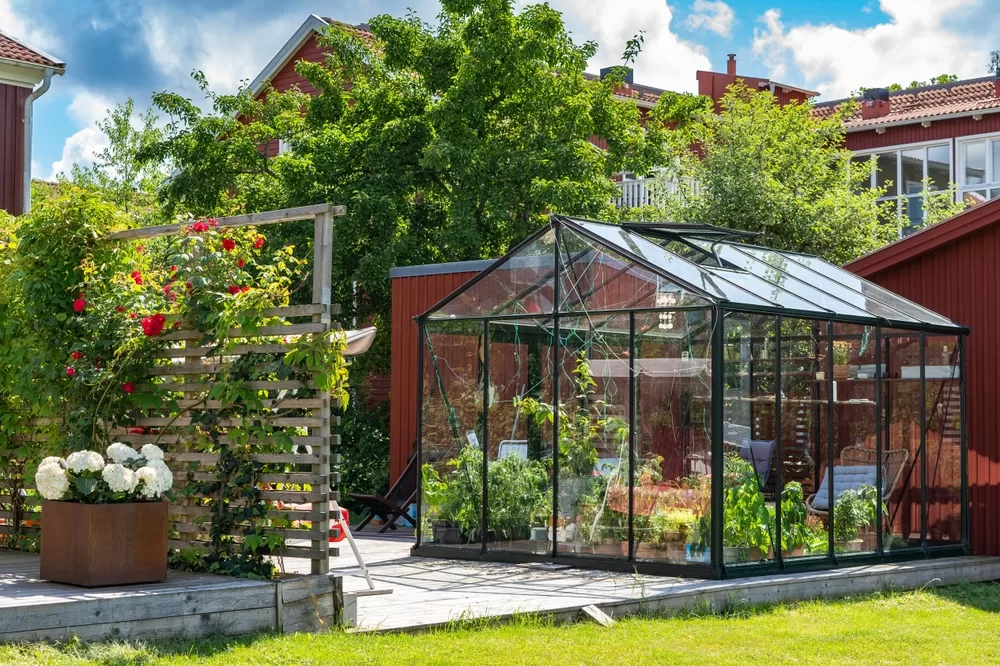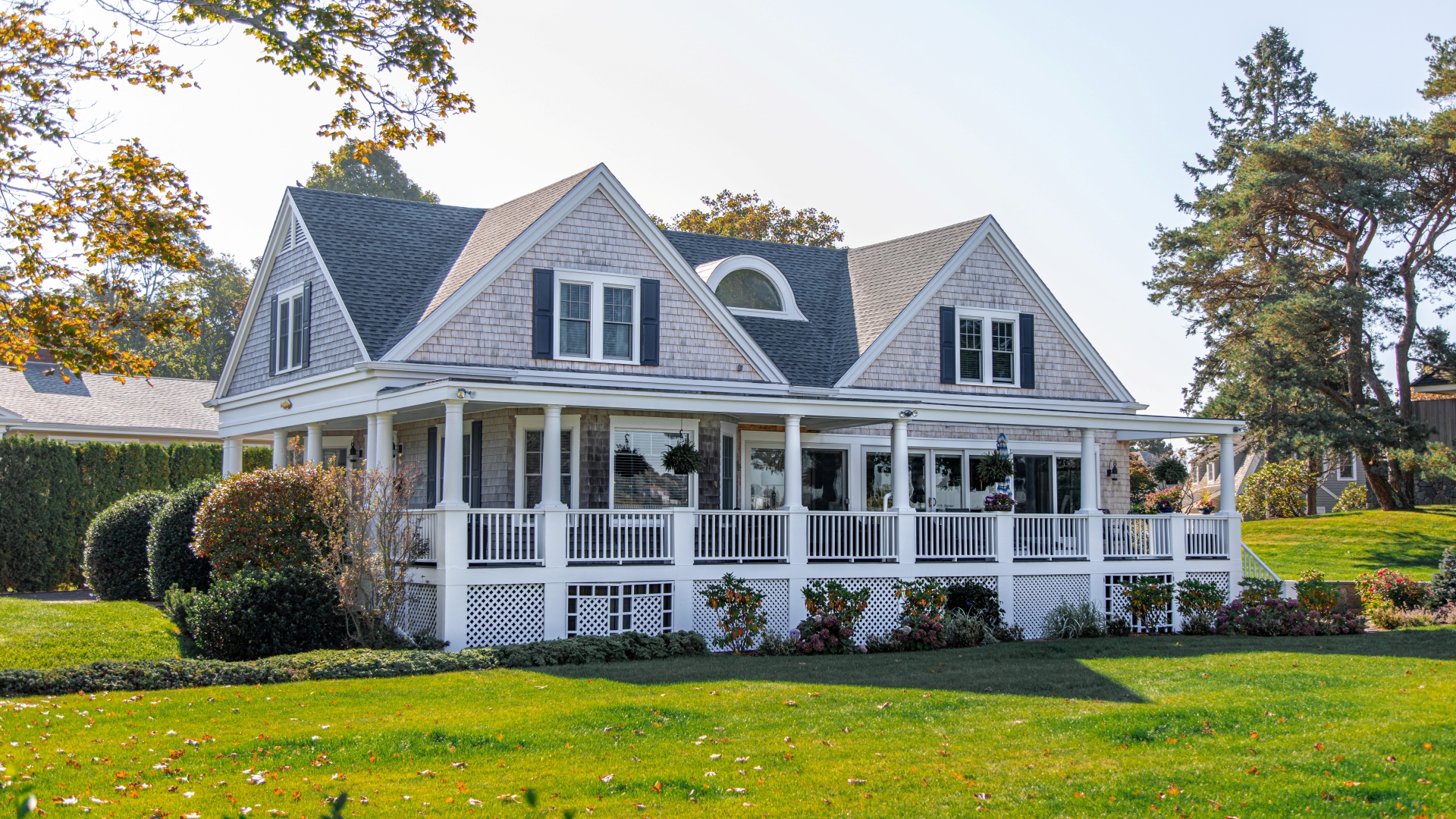Homeowners are always looking for ways to save money on their utility bills without sacrificing comfort. One solution to this problem is the installation of a zoned HVAC system. Zoned HVAC systems are designed to provide heating and cooling to specific areas or zones of a home, providing greater control over the temperature and reducing energy consumption. In this article, we will explore the advantages of zoned HVAC systems, including improved comfort, energy efficiency, cost savings, increased lifespan of HVAC equipment, better air quality, remote control and monitoring, and improved home resale value.
Improved Comfort
One of the most significant advantages of a zoned HVAC system is improved comfort. Traditional HVAC systems typically use a single thermostat to control the temperature of the entire home, resulting in hot and cold spots. With a zoned HVAC system, homeowners can set different temperatures in different zones of the house, ensuring that everyone is comfortable. This system allows for individual temperature control in each room, providing greater comfort and reducing the need for space heaters or fans.
Energy Efficiency
Zoned HVAC systems are designed to be more energy efficient than traditional HVAC systems. Traditional systems heat or cool the entire home, even when certain rooms are unoccupied or require a different temperature. Zoned systems only heat or cool specific areas, reducing energy consumption and lowering utility bills. According to the US Department of Energy, zoned HVAC systems can reduce energy consumption by up to 30%, resulting in significant cost savings.
Cost Savings
The energy efficiency of a zoned HVAC system can lead to significant cost savings over time. While the initial installation of a zoned HVAC system cost may be higher than that of a traditional system, the long-term savings on energy bills make it a cost-effective investment. Homeowners can also save money by reducing the need for additional heating or cooling appliances, such as space heaters or fans, to supplement a traditional HVAC system.
Increased Lifespan of HVAC Equipment
Zoned HVAC systems can extend the lifespan of HVAC equipment. Traditional HVAC systems work hard to heat or cool the entire home, leading to wear and tear on the equipment. With a zoned HVAC system, the equipment only needs to heat or cool specific areas, reducing the amount of work required. This reduction in workload can extend the lifespan of the equipment, saving homeowners money on repairs and replacement costs.
Better Air Quality
Zoned HVAC systems can improve the air quality in a home. By filtering air in specific zones, the system can reduce the amount of air contaminants, such as dust, pollen, and pet dander. This filtering system can lead to improved indoor air quality, which is particularly important for individuals with allergies or respiratory problems. The zoned HVAC system can provide clean air, making the home a healthier and more comfortable place to live.
Remote Control and Monitoring
Zoned HVAC systems can be controlled and monitored remotely, providing greater convenience and control for homeowners. With a zoned HVAC system, homeowners can adjust the temperature in different areas of the home from a mobile device or computer. This convenience allows for easy changes to the system, even when away from home. Additionally, remote monitoring can provide homeowners with alerts if the system needs maintenance or repairs, ensuring that the system is always functioning at its best.
Improved Home Resale Value
Finally, a zoned HVAC system can increase the resale value of a home. Potential buyers see the system as an investment in home comfort, energy efficiency, and air quality. As a result, a zoned HVAC system can make a home more attractive to buyers, potentially leading to a higher resale value. With the increasing emphasis on energy efficiency and sustainability, a zoned HVAC system can be a significant selling point for homeowners.
Conclusion
Zoned HVAC system is a cost-effective and comfortable solution for homeowners looking to improve their home’s heating and cooling. By providing greater control over temperature and reducing energy consumption, zoned HVAC systems offer several advantages over traditional HVAC systems. These benefits include improved comfort, energy efficiency, cost savings, increased lifespan of HVAC equipment, better air quality, remote control and monitoring, and improved home resale value. Homeowners should work with a qualified HVAC professional to determine the appropriate zoned HVAC system for their home’s size and number of zones.
While the initial cost of installation may be higher than that of a traditional HVAC system, the long-term savings and increased comfort make it a worthwhile investment. With proper installation and maintenance, zoned HVAC systems can provide homeowners with years of cost-effective and comfortable heating and cooling. Homeowners who are looking to improve their home’s comfort and energy efficiency should consider the installation of a zoned HVAC system.











